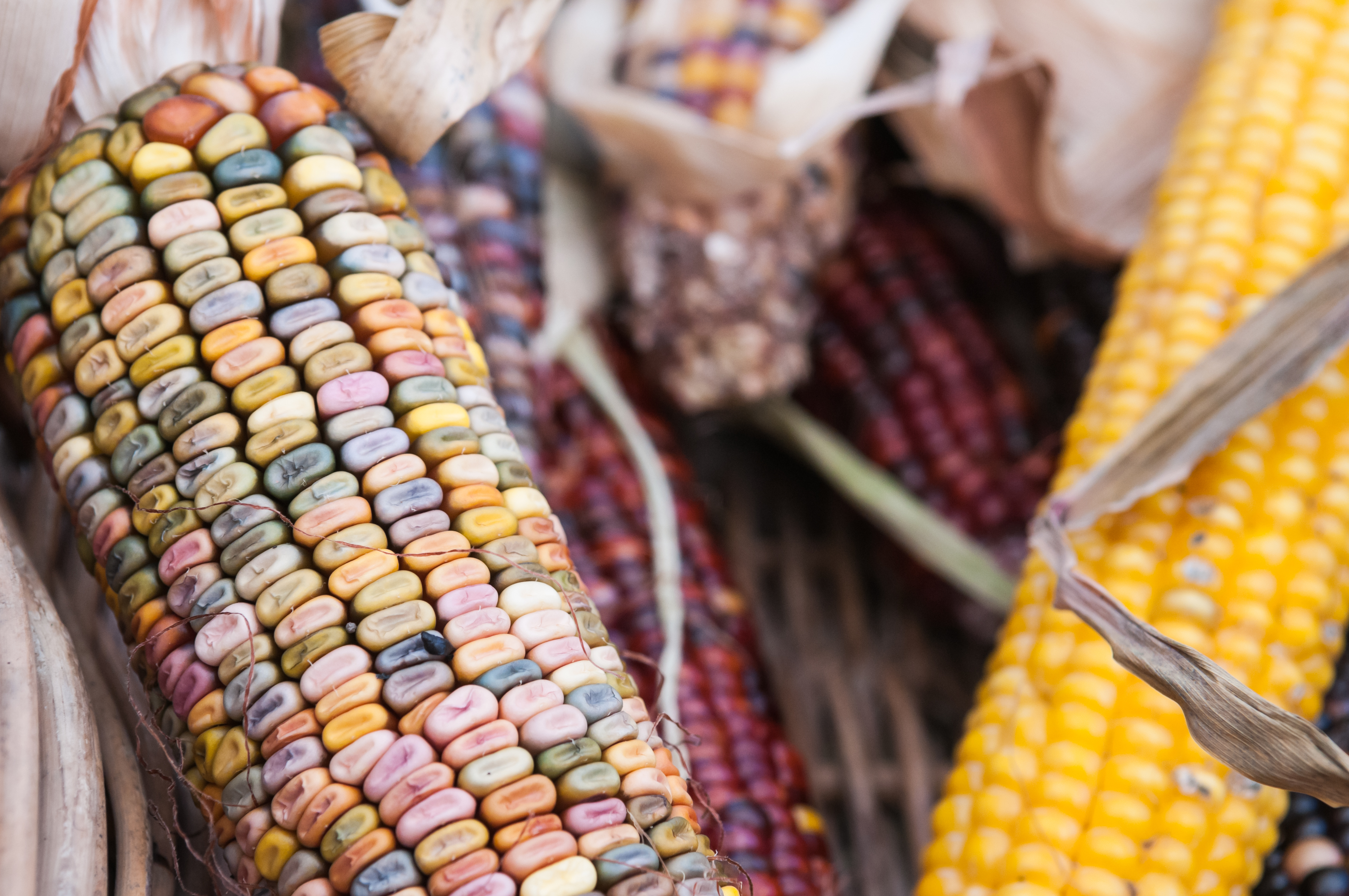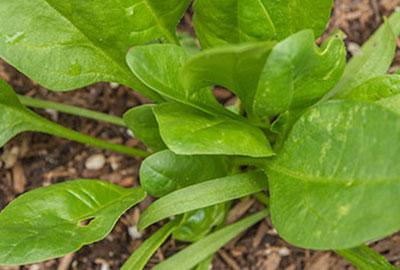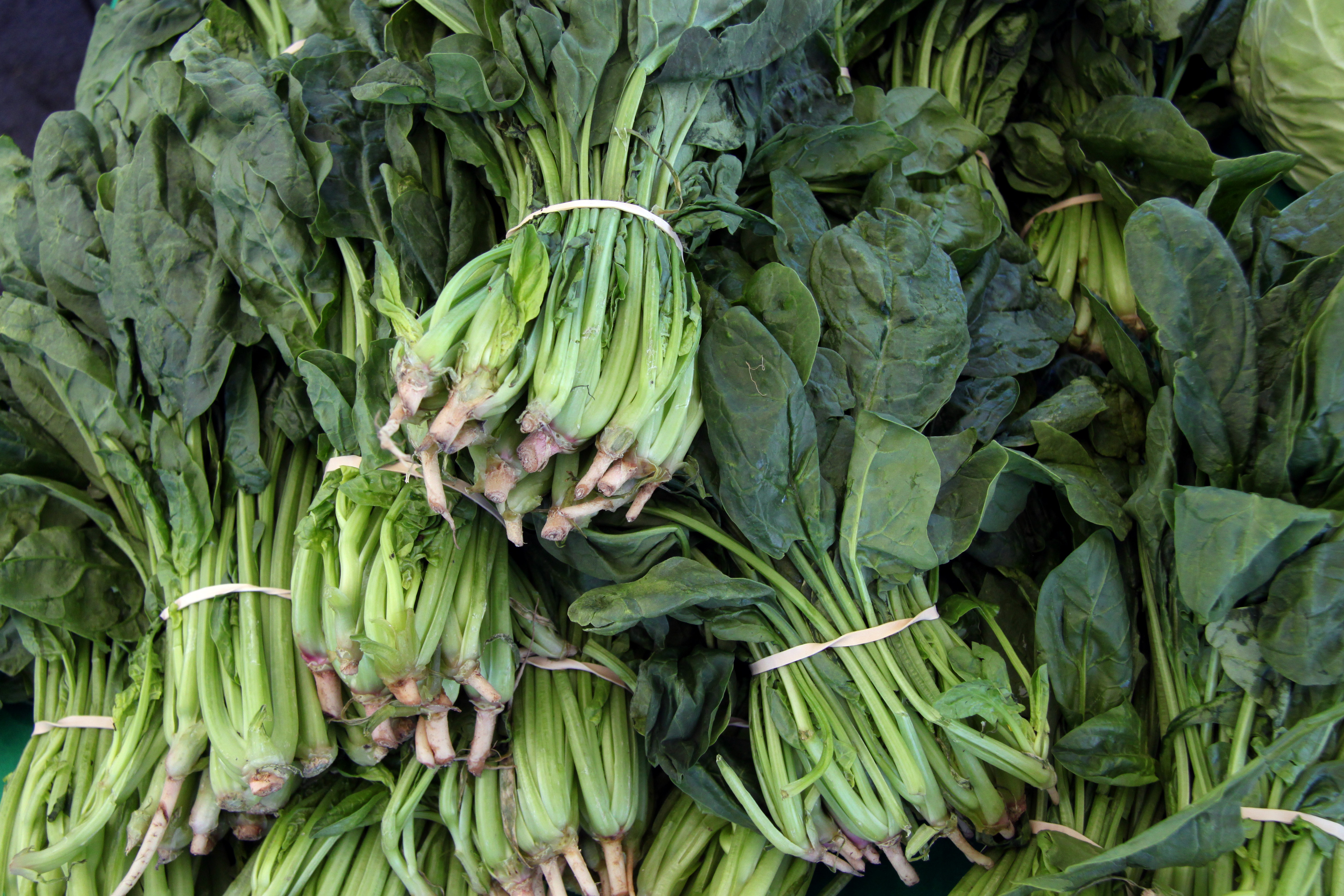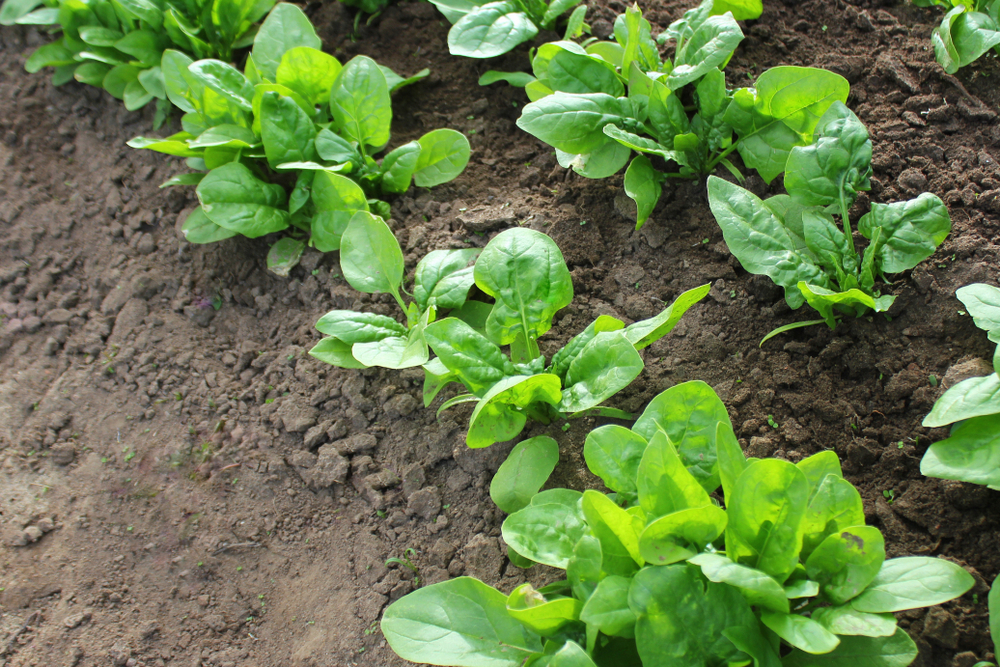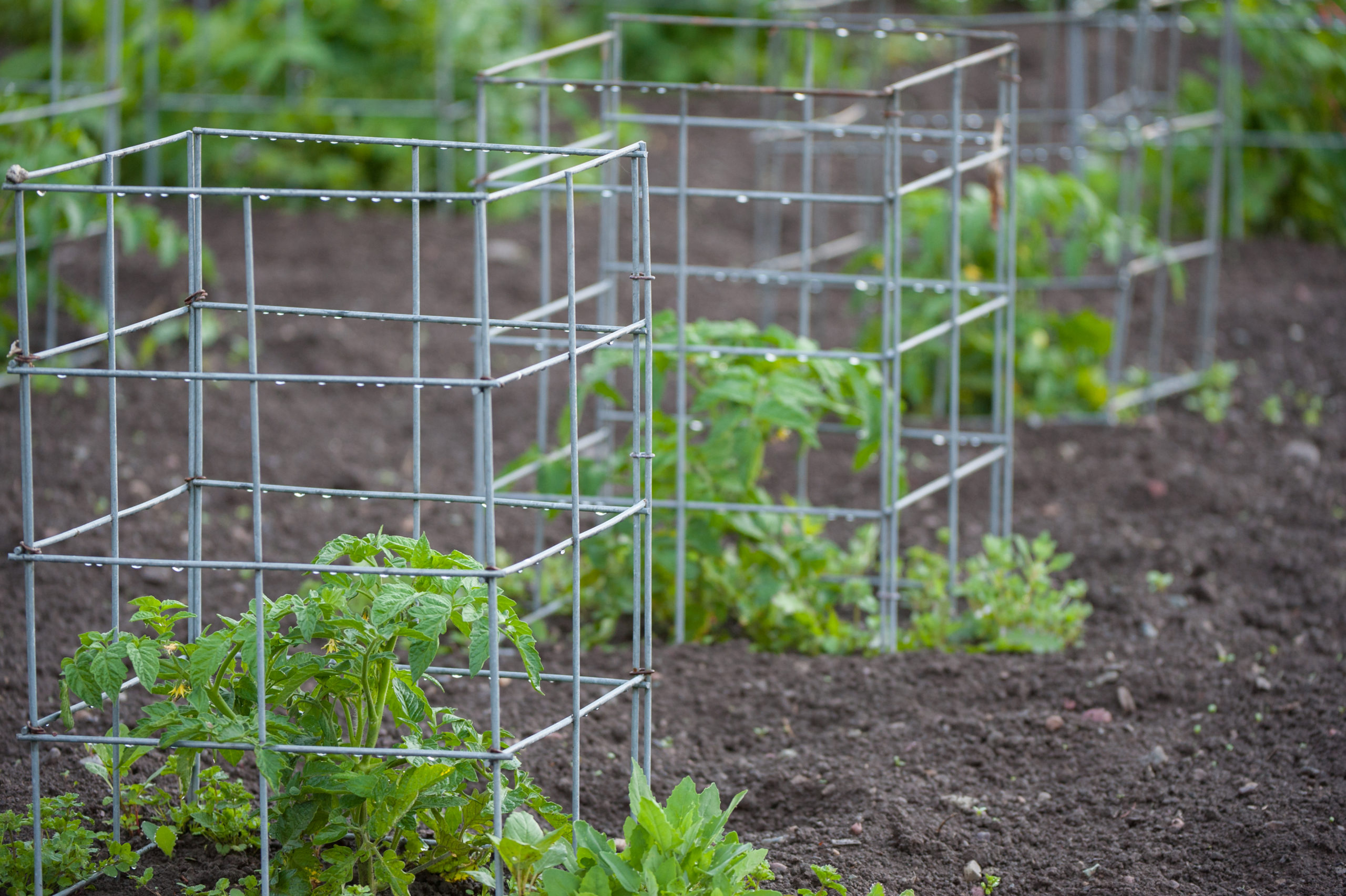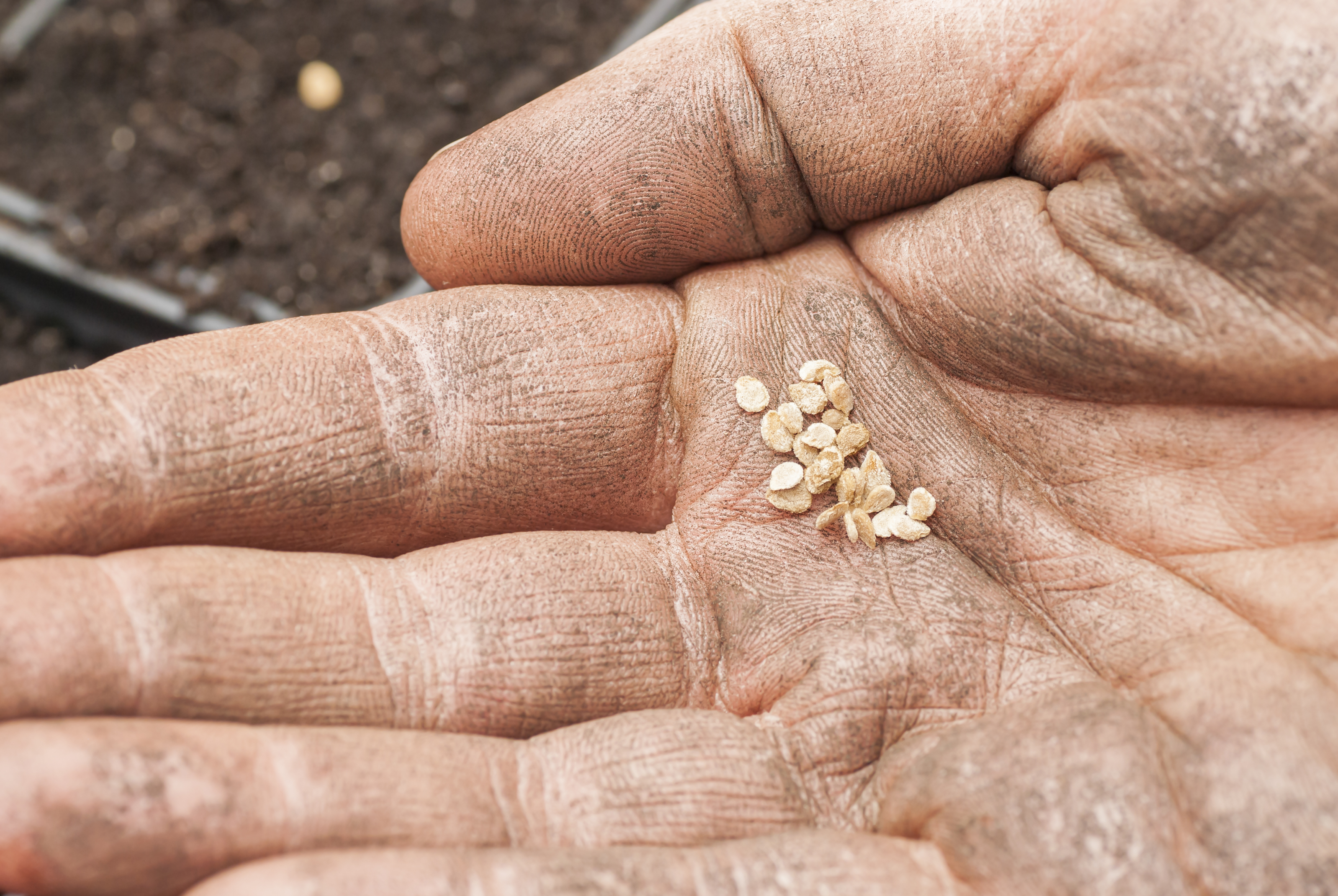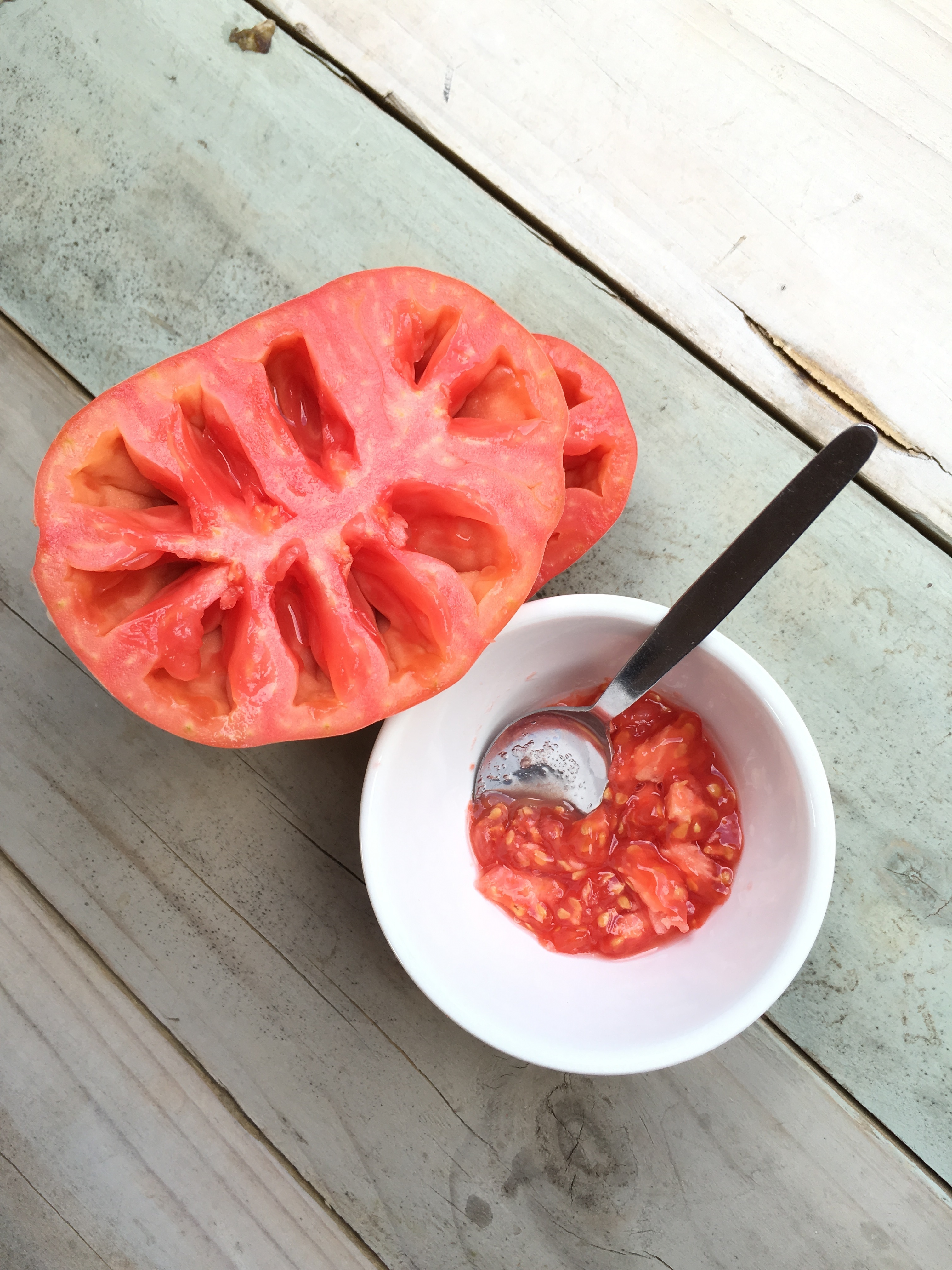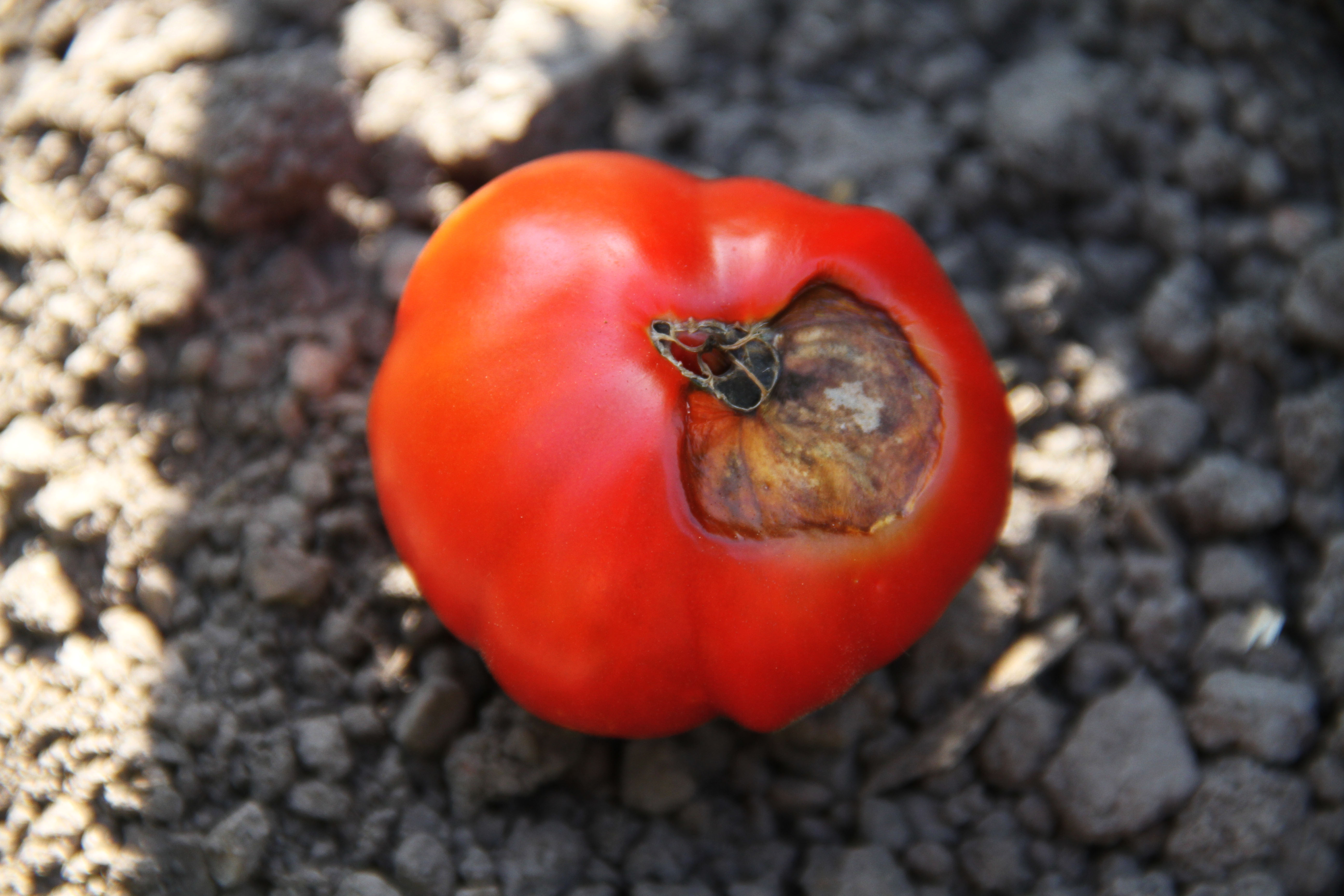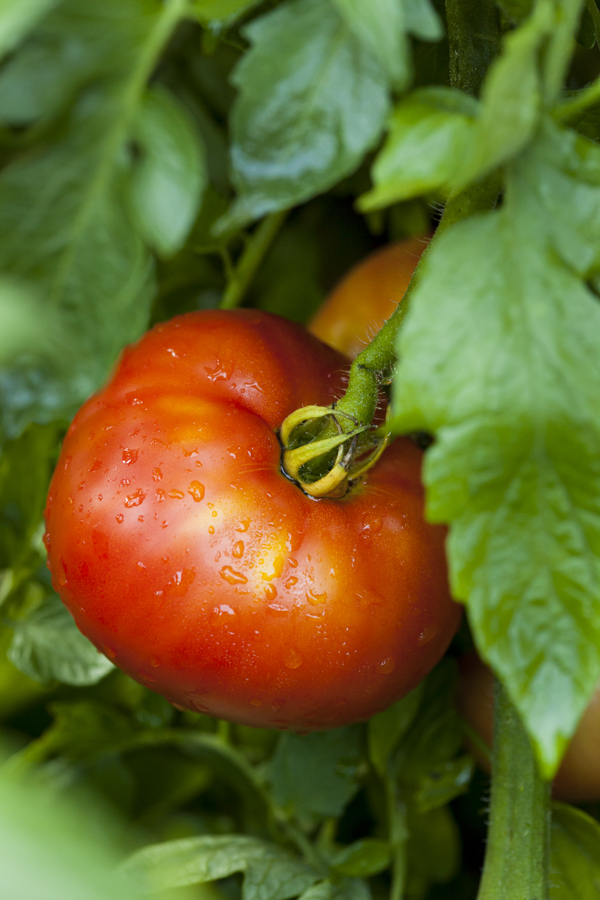Dig in
The GardenZeus Quick and Easy Guide to the Main Types of Garden and Agricultural Corn
The main types of garden and agricultural corn include: – Sweet corn (Zea mays var. saccharata or Zea mays var. rugosa) is grown for canning, freezing, and don’t forget eating fresh on the cob! It comes in yellow, white, and bicolor varieties. – Dent or field corn (Zea mays var. indentata) is grown for animal […]
Read More
How Much Spinach Should I Grow?: The Popeye-Bluto Garden Spinach Planner
If Popeye, the spinach-loving cartoon hero, somehow contacted GardenZeus for garden advice, we would not hesitate to suggest that he plant a large portion of his garden in spinach to ensure the supply he needs to prevail against Bluto, his spinach-deficient archenemy. Where do you fall on the Popeye-Bluto spinach scale? For occasional eaters of […]
Read More
The GardenZeus Guide to Three Main Types of Garden Spinach
Garden spinach comes in three basic types: savoy, flat-leafed or smooth-leafed, and semi-savoy. Savoy types have darker green, crinkled leaves. They are cold tolerant and productive for home gardens. Flat-leafed or smooth-leafed types have flat, lighter-green leaves and are preferred for canning, commercial food processing, and sometimes for home cooking because leaves are easy to […]
Read More
GardenZeus Serious Gardening: Are You Eating Toxic Lead with Your Spinach and Leafy Greens?
Spinach, among all the popular garden vegetables, is especially effective at absorbing essential metals, those needed for both plant and human health, such as iron and manganese, from the soil. Unfortunately, spinach is also of special concern to GardenZeus expert Darren Butler because it is effective at absorbing toxic metals from soil, including lead and […]
Read More
The GardenZeus Guide to Staking, Supporting, and Trellising Tomato Plants
October 2, 2015
Nothing But Tomatoes
/ Organic Gardening: Vegetables
/ Pruning and Other Seasonal Tasks
/ The Mighty Garden Archive
By: C. Darren Butler
Most tomato varieties will need staking or trellising to keep plants manageable, prevent vigorous tomato varieties from overwhelming other nearby vegetables, maximize growing space and maintain garden tidiness by requiring tomatoes to grow up rather than outward, allow for easier harvesting, and to reduce or prevent disease and pest problems caused by tomato fruits and […]
Read More
The GardenZeus Guide to Starting Tomato Seeds
October 2, 2015
Nothing But Tomatoes
/ Organic Gardening: Vegetables
/ The Mighty Garden Archive
By: C. Darren Butler
Tomato seeds are easy to germinate. GardenZeus recommends germinating tomato seeds directly in small pots for later transplanting; or on a paper towel kept moist in a covered glass dish, with sprouted seeds then moved into small pots or transplanted directly outdoors as soon as a root emerges. Tomato seeds can also be started directly […]
Read More
The GardenZeus Guide to Saving Tomato Seeds
October 2, 2015
Nothing But Tomatoes
/ Organic Gardening: Vegetables
/ The Mighty Garden Archive
By: C. Darren Butler
Saving seeds from a delicious heirloom or favorite open-pollinated tomato is simple, and can provide you with more than enough seeds to plant next year, as well as plenty to share with your friends. Although tomatoes are generally self-pollinating, they do occasionally cross-pollinate, and genetic traits may vary from seed to seed and fruit to […]
Read More
GardenZeus Solutions to Common Abiotic Problems with Garden Tomatoes
September 6, 2015
Nothing But Tomatoes
/ Organic Gardening: Vegetables
/ The Mighty Garden Archive
By: C. Darren Butler
Blossom Drop: Blossoms falling without setting fruit is one of the most common and frustrating problems with tomato plants. It may be caused by temperatures that are too warm or too cold, high or low humidity, lack of pollination, too much or too little water, or too much or too little nitrogen in soil, among […]
Read More
GardenZeus Winter Gardening: Growing Winter Tomatoes in Mild California Areas
September 6, 2015
Nothing But Tomatoes
/ Organic Gardening: Vegetables
/ The Mighty Garden Archive
By: C. Darren Butler
Have you never grown tomatoes over winter? It is possible to enjoy tomato harvests from fall through spring many mild-winter California areas. Start by choosing cold-tolerant and/or short-season tomato varieties. Most varieties need temperatures between about 55° to 93°F for pollination and to set fruit; however, cold-tolerant varieties such as Siberian, Siletz, and Stupice set […]
Read More
